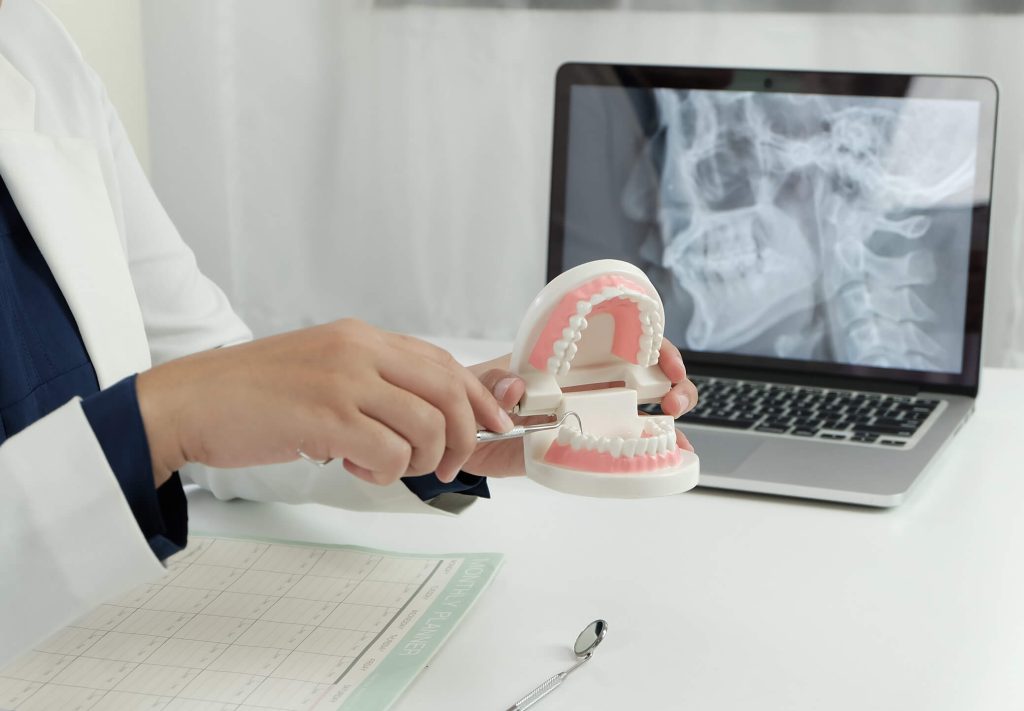One of the most crucial decisions you will make is choosing the right business structure for dental office business. The business structure you select will have a significant impact on your legal and financial responsibilities, tax obligations, and personal liability. Therefore, it is essential to thoroughly understand the importance of this decision and its implications for your dental practice.
First and foremost, selecting the right business structure for dental office can help protect your personal assets. As a dentist, you may face potential risks and liabilities associated with your profession. By choosing the appropriate business structure, you can separate your personal assets from your dental practice’s liabilities. This separation can shield your personal savings, home, and other assets from being at risk in the event of a lawsuit or bankruptcy.
Additionally, the business structure you choose will determine how your dental office is taxed. Different structures have varying tax implications, and understanding these implications can help you optimize your tax strategy. For example, some structures may allow for more favorable tax deductions or provide flexibility in distributing profits among partners or shareholders.
Exploring Different Business Structure for Dental Office: Pros and Cons
When considering the various business structure for dental office, it is essential to weigh the pros and cons of each option. The most common structures for dental practices include sole proprietorship, partnership, incorporation, and limited liability company (LLC).
A sole proprietorship is the simplest and most common business structure for small dental practices. It offers complete control and flexibility, as the dentist is the sole owner and decision-maker. However, the downside is that the dentist assumes unlimited personal liability for any debts or legal issues that may arise.
Partnerships, on the other hand, allow for shared ownership and decision-making. This structure can be beneficial when starting a dental practice with one or more partners. However, partnerships also come with potential challenges, such as disagreements over management decisions or the potential for personal liability if one partner makes a mistake.
The Benefits and Drawbacks of Incorporating Your Dental Office Business
Incorporating your dental office business can provide several advantages. One significant benefit is limited liability protection. By incorporating, you create a separate legal entity that can shield your personal assets from business liabilities. This protection can be particularly valuable in the dental field, where malpractice claims and lawsuits are not uncommon.
Incorporation also offers potential tax advantages. For example, a dental practice structured as a corporation may be able to deduct certain expenses, such as employee benefits or equipment purchases, that would not be available to a sole proprietorship or partnership. Additionally, corporations can often benefit from lower tax rates on retained earnings.
However, incorporating your dental office business also comes with some drawbacks. The process of incorporating can be more complex and costly than other business structure for dental office business. Additionally, corporations are subject to more extensive record-keeping and reporting requirements, which can be time-consuming and require professional assistance.
Limited Liability Company (LLC) or Professional Corporation (PC): Making the Right Choice for Your Dental Practice
For many dental practices, choosing between a limited liability company (LLC) and a professional corporation (PC) is a common dilemma. Both structures offer limited liability protection, but they have some key differences.
An LLC provides flexibility in terms of management and taxation. It allows for pass-through taxation, meaning that the dental practice’s profits and losses are reported on the owners’ personal tax returns. This structure also offers more flexibility in terms of ownership, allowing for different classes of membership interests.
On the other hand, a professional corporation (PC) is specifically designed for licensed professionals, such as dentists. It offers limited liability protection, but it may have more stringent requirements and regulations compared to an LLC. For example, a PC may require that all shareholders be licensed dentists, and it may have restrictions on the transfer of shares.
Factors to Consider When Selecting the Ideal Business Structure for Dental Office Business
When selecting the ideal business structure for dental office business, several factors should be considered. Firstly, consider the level of personal liability you are comfortable with. If you prefer to have limited personal liability, incorporating or forming an LLC may be the best option.
Secondly, think about the tax implications of each structure. Consult with a tax professional to understand how each structure will affect your tax obligations and potential deductions.
Additionally, consider the long-term goals and growth plans for your dental practice. If you anticipate bringing in partners or expanding your practice, a partnership or corporation structure may be more suitable.
Lastly, evaluate the administrative and compliance requirements of each structure. Some structures, such as corporations, may require more paperwork and ongoing maintenance than others. Consider whether you have the resources and willingness to fulfill these obligations.
Conclusion
In conclusion, choosing the right business structure for dental office business is a critical decision that will impact your legal and financial responsibilities, tax obligations, and personal liability. By understanding the importance of this decision and exploring the pros and cons of different structures, such as sole proprietorship, partnership, incorporation, and LLC or PC, you can make an informed choice that aligns with your goals and protects your interests.
